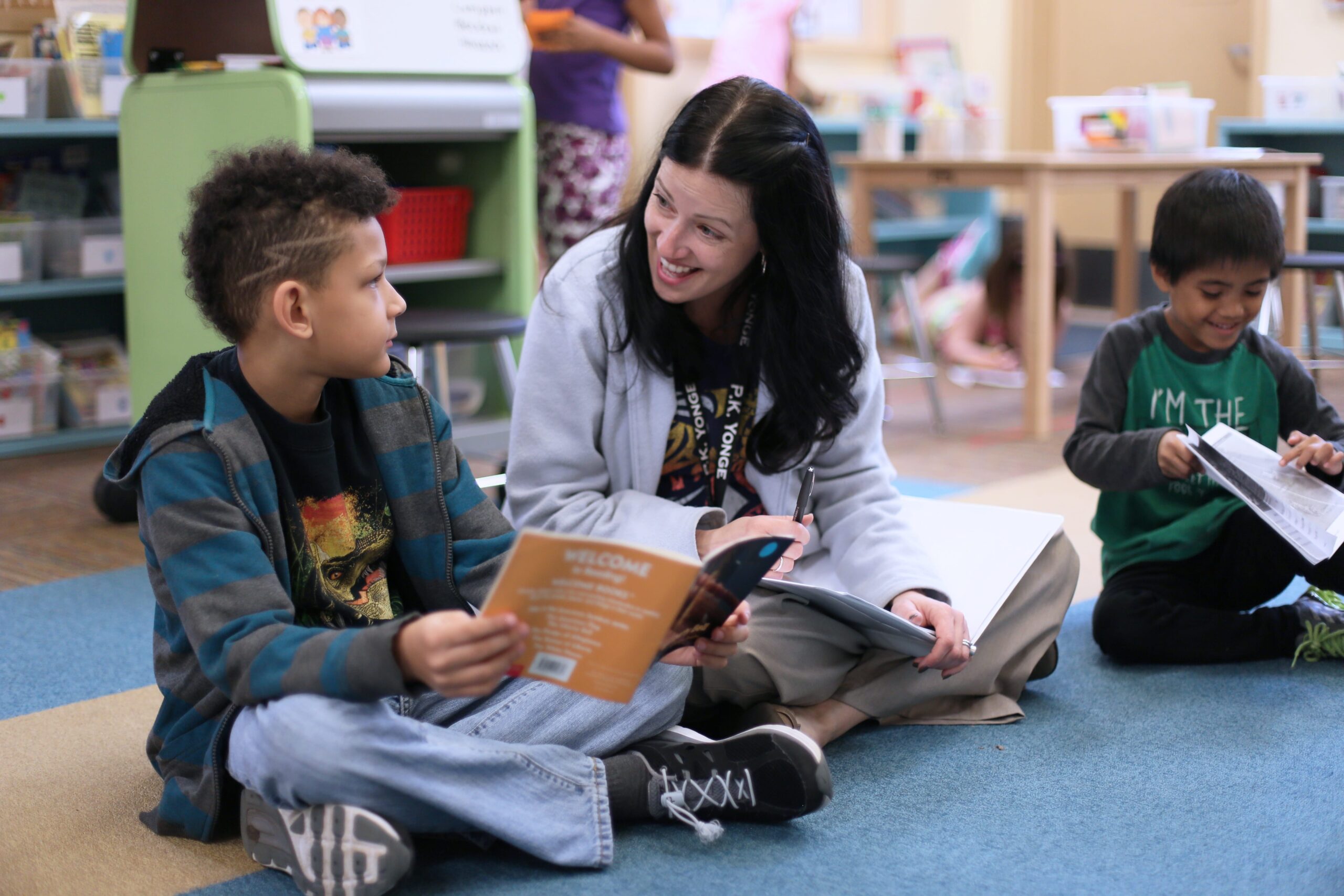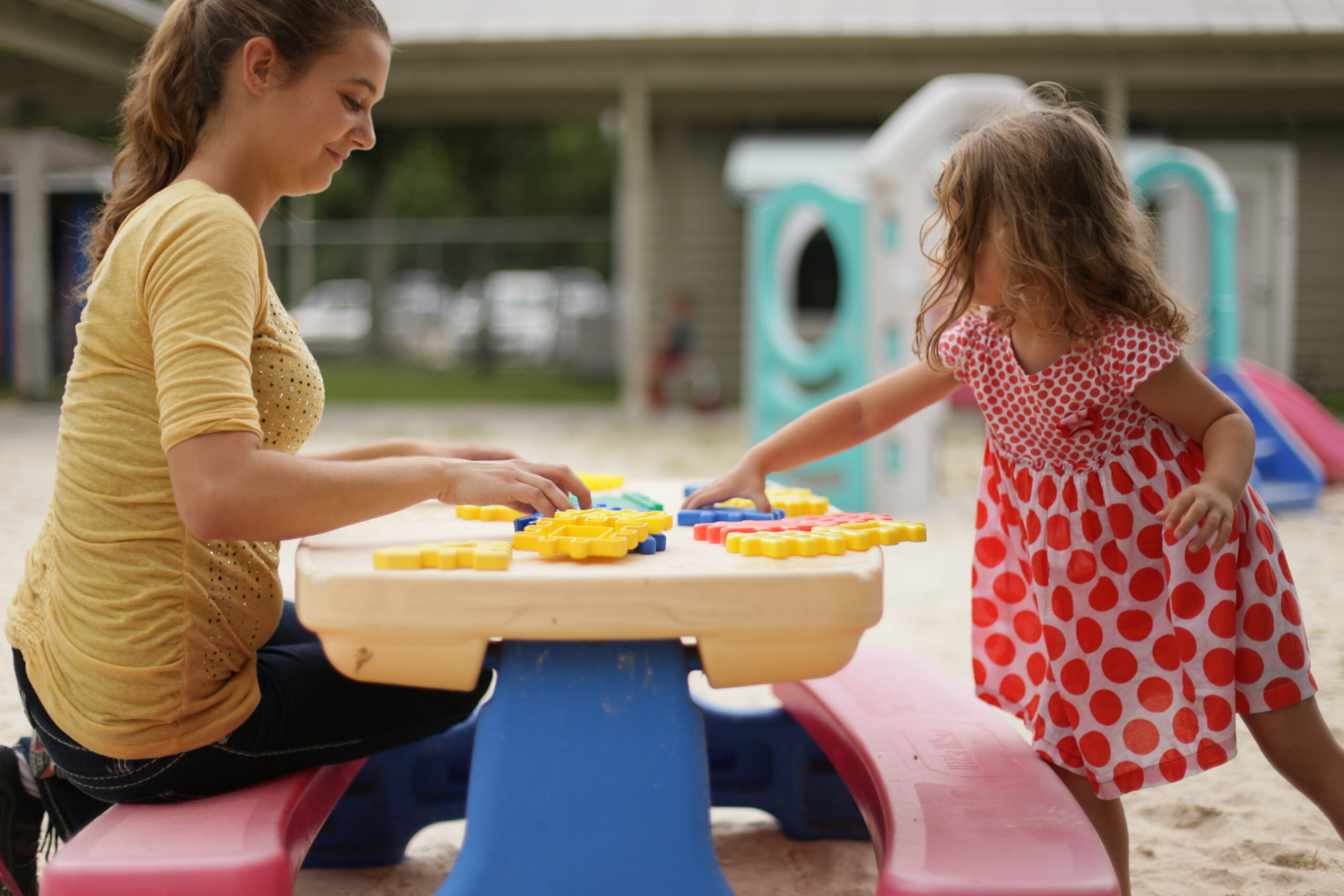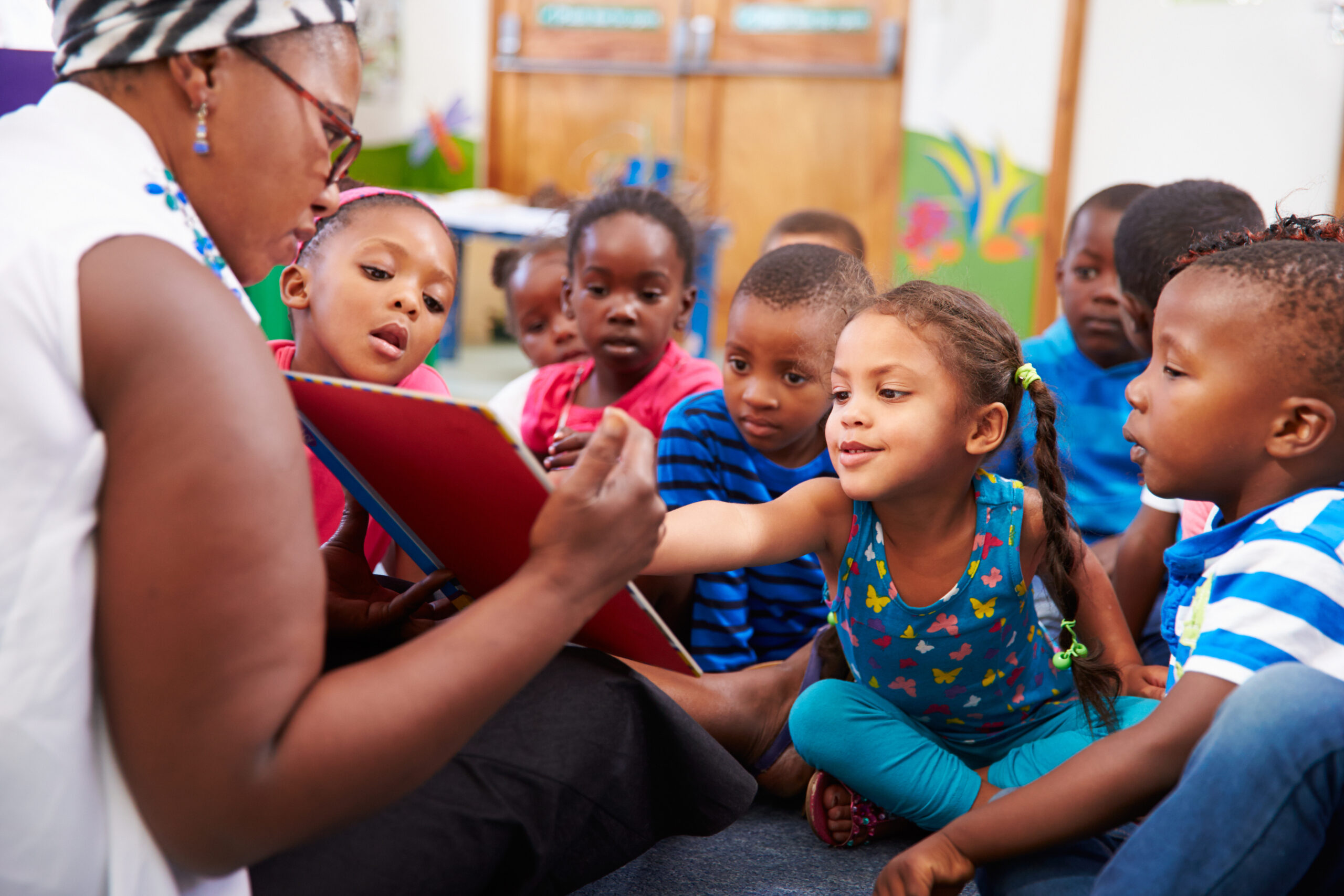Student Learning Outcomes

SLO 1:Analyze and synthesize literature as it relates to the practice of early childhood education and care in the following core areas:
- Developmentally appropriate classroom practices;
- Developmentally appropriate assessment practices, and
- Family, diversity, and community relations, including policies related to funding, service provision, and transitions in the early childhood years.
Assessment Method: Portfolio
Measurement Procedure: Candidates will successfully complete a Portfolio, as measured by a committee of Early Childhood faculty members. The student-developed portfolio includes artifacts developed in courses that the student believes best demonstrate their knowledge of the core areas, as well as reflection summarizing why the artifacts were chosen, how they reflect evidence-based practices in early childhood studies.
SLO 2: Integrate and apply effective instructional and assessment practices as they relate to planning care for individual children and programs in early childhood.
Assessment Method: Portfolio
Measurement Procedure: As part of their Portfolio, students will complete a “Practice Plan” in which they develop professional development plans that include specific strategies to improve practice that could be applied to early childhood classrooms or programs.


SLO 3: Students will integrate and apply effective instructional and assessment practices as they relate to planning for an early childhood classroom or program.
Assessment for SLO 3: Course-related assignment (EEC 6205: Early Childhood Curriculum) which will be evaluated by a single faculty member using a rubric.
Program Requirements
- The Graduate Certificate in Early Childhood is open to both non-degree seeking students, as well as students enrolled in graduate programs at the University of Florida.
- A Bachelors or equivalent degree from a regionally accredited university is required for admissions. Applications are made through the UF Admissions Office. Program faculty review applications and make admissions decisions based on the degree to which applicants’ qualifications and educational goals match our mission and resources.
Application Deadlines
- Fall Admissions: Applications must be received by July 15th.
- Spring Admission: Applications must be received by October 15th.
- Summer Admission: Applications must be received by March 15th.
Program Highlights
Typical Course Load: 3-6 credit hours
Full-Time/Part-Time: Full-time or Part-time
Average Class Size: 20
Application Deadline: February 15 (Summer), June 15 (Fall), October 15 (Spring)
Program Completion: 1 academic year or 3 semesters (Fall, Spring, and Summer) if Full-Time
